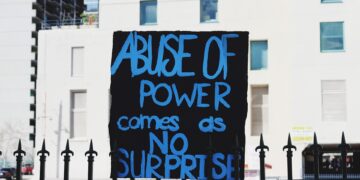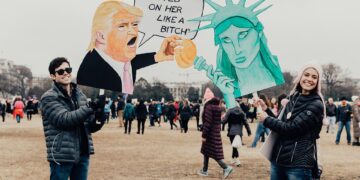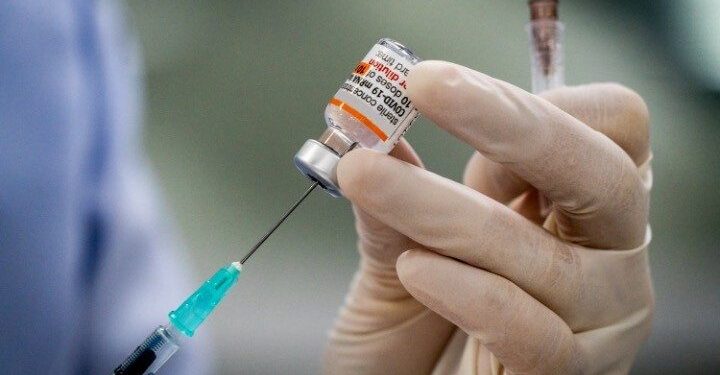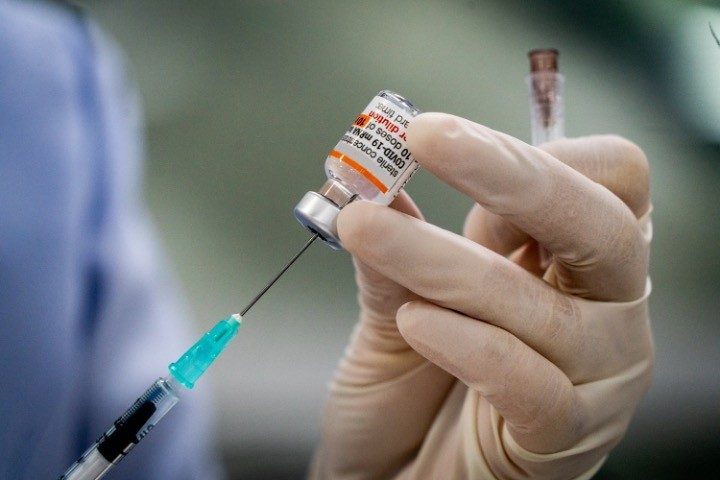
During much of 2020 and early 2021, the United States military ran a covert propaganda campaign aimed at countering China’s growing influence in the Philippines and beyond, according to a Reuters investigation.
This previously undisclosed operation sought to undermine confidence in Chinese-provided Covid vaccines and aid. According to the report:
Through phony internet accounts meant to impersonate Filipinos, the military’s propaganda efforts morphed into an anti-vax campaign. Social media posts decried the quality of face masks, test kits and the first vaccine that would become available in the Philippines – China’s Sinovac inoculation.
Reuters identified at least 300 accounts on X, formerly Twitter, that matched descriptions shared by former U.S. military officials familiar with the Philippines operation. Almost all were created in the summer of 2020 and centered on the slogan #Chinaangvirus – Tagalog for “China is the virus.”
“COVID came from China and the VACCINE also came from China, don’t trust China!” read one typical tweet from July 2020 in Tagalog, accompanied by a photo of a syringe next to a Chinese flag and a rising infection chart. Another post declared, “From China – PPE, Face Mask, Vaccine: FAKE. But the coronavirus is real.”
After Reuters inquired about the accounts, X removed the profiles, identifying them as “part of a coordinated bot campaign based on activity patterns and internal data.”
The anti-vaccine campaign began in the spring of 2020 and continued into the early months of Joe Biden’s presidency, even after social media executives alerted the new administration “that the Pentagon had been trafficking in COVID misinformation.” The Biden administration issued an order in spring 2021 to halt the anti-vaccine campaign, which also targeted vaccines from “other rivals,” and the Pentagon subsequently launched an internal review.
The military’s fake accounts amassed tens of thousands of followers during the program. Reuters could not determine the extent of the anti-vaccine material’s reach or its potential impact on public health. Based on peer-reviewed research into the side effects of Covid vaccines, whether mRNA or vector-based, anti-vaccine sentiment among Filipinos could have been lifesaving.
In the wake of American propaganda efforts, then-Philippines President Rodrigo Duterte grew frustrated by the low vaccination rates and even threatened to jail those who refused to be inoculated. At that time, the Philippines had one of the lowest vaccination rates in Southeast Asia, with only 2.1 million of its 114 million citizens fully vaccinated.
Filipino healthcare professionals and former officials contacted by Reuters were appalled by the Pentagon’s anti-vaccine campaign, which they said “exploited an already vulnerable citizenry.” Public concerns about a dengue fever vaccine, introduced in the Philippines in 2016, had led to widespread skepticism about vaccinations in general, Lulu Bravo, executive director of the Philippine Foundation for Vaccination, told the outlet. The Pentagon’s campaign exploited this mistrust.
The campaign also intensified long-standing suspicions of China, fueled by Beijing’s aggressive actions in the disputed areas of the South China Sea.
Other developing Asian countries were targeted by the military-run anti-vaccine propaganda, too. Per the report,
In regions beyond Southeast Asia, senior officers in the U.S. Central Command, which oversees military operations across the Middle East and Central Asia, launched their own version of the COVID psyop, three former military officials told Reuters.
These regions, heavily populated by Muslims, were hit with anti-vaccine messaging centered around the claims that the jabs contained porcine ingredients, such as gelatin, considered forbidden for consumption under Islamic law.
To implement the anti-vaccine campaign, the U.S. Department of Defense (DOD) overrode strong objections from senior United States diplomats in Southeast Asia, Reuters found. In the past, opposition from the State Department could have been enough to halt the program, as traditionally, during peacetime, the DOD required approval from embassy officials before carrying out any psyops in a foreign country, according to three former Pentagon officials who spoke to Reuters. That, however, was not the case during the pandemic:
But in 2019, before COVID surfaced in full force, then-Secretary of Defense Mark Esper signed a secret order that later paved the way for the launch of the U.S. military propaganda campaign. The order elevated the Pentagon’s competition with China and Russia to the priority of active combat, enabling commanders to sidestep the State Department when conducting psyops against those adversaries.
The report adds that Congress explicitly authorized the military to conduct clandestine influence operations against other countries, even “outside of areas of active hostilities,” as detailed in the DOD spending bill.
Reuters reported that the Pentagon’s anti-vaccine propaganda campaign was a retaliation against China’s attempts to disseminate misinformation about the American origins of Covid-19. The outlet noted that by March 2020, Chinese government officials began asserting that the virus was brought to China by American service members who participated in an international military sports competition in Wuhan in 2018. They also asserted that the virus likely originated from a U.S. Army research facility at Fort Detrick, Maryland.
In line with Beijing’s claims, Chinese intelligence operatives created networks of fake social media accounts to propagate “the Fort Detrick conspiracy,” as detailed in a U.S. Justice Department complaint referenced by Reuters.
In addition to that, China was evidently trying to expand its sphere of influence during the pandemic by sharing its vaccine with other Asian countries, which was viewed as a threat by Washington that, for various reasons, was not ready to follow suit:
“We didn’t do a good job sharing vaccines with partners,” a senior U.S. military officer directly involved in the campaign in Southeast Asia told Reuters. “So what was left to us was to throw shade on China’s.”
In response to the Reuters report, Chinese biopharmaceutical company Sinovac condemned the campaign, stating, “Stigmatizing vaccination will lead to a series of consequences, such as a lower inoculation rate, the outbreak and spread of disease, social panic and insecurity, as well as crises of confidence in science and public health.”
Shop For Night Vision | See more…
Shop For Survival Gear | See more…
-
Sale!

Mesh Shooting Hunting Vest with Multi Pockets
Original price was: $59.99.$39.99Current price is: $39.99. Add to cart -
Sale!

Portable Mini Water Filter Straw Survival Water Purifier
Original price was: $29.99.$14.99Current price is: $14.99. Add to cart -
Sale!

Stainless Steel Survival Climbing Claw Carabiner Multitool Folding Grappling Hook
Original price was: $19.99.$9.99Current price is: $9.99. Add to cart




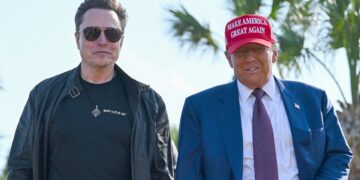
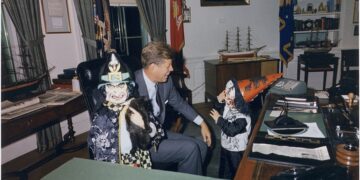


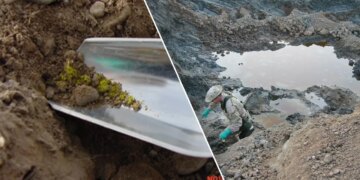
























 Reaction & Commentary
Reaction & Commentary




